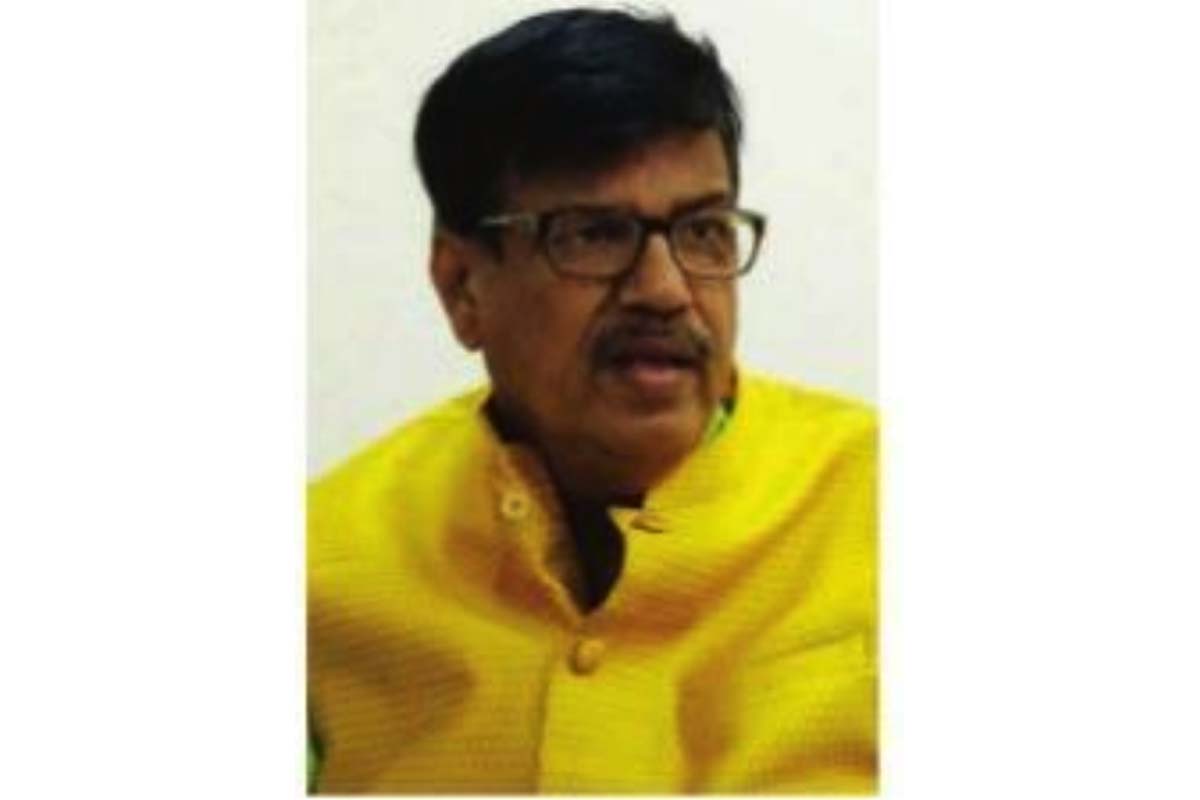BJP govt’s agenda is to transform Delhi into a ‘developed’ national capital: Sachdeva
The BJP leader asserted that the government's focus is on the completion of the long pending works in the city.
“There seems to be a section of politicians who are deliberately misinterpreting the BJP commitment to promote mother tongues–Bengali, Nepali, Rajbongshi, Kurmali, Santhali and other languages, as stated in our manifesto, as being BJP attempt at imposing Bengali,” Mr Bista said.

(SNS)
Darjeeling’s BJP MP Raju Bista today clarified his party’s stand on promoting local languages in the state as mentioned in the party’s Assembly election manifesto released yesterday.
“There seems to be a section of politicians who are deliberately misinterpreting the BJP commitment to promote mother tongues–Bengali, Nepali, Rajbongshi, Kurmali, Santhali and other languages, as stated in our manifesto, as being BJP attempt at imposing Bengali,” Mr Bista said.
Advertisement
He was referring to concerns being expressed in the Hills by a section of the people over what they termed was the BJP’s attempt to impose Bengali language in local schools, including in the Hills.
Advertisement
“Our Manifesto clearly states that we will introduce compulsory Bengali and local languages (Kurmali, Santhali, Rajbongshi, Nepali and others) wherever applicable in the curriculum till Class 10 in all schools,” Mr Bista said.
“In line with the National Education Policy, our party is committed to making learning mother tongue compulsory in all schools across the state, and students will be free to select the mother tongue they want to learn, where applicable. All languages will be accorded equal status and importance, without any bias or discrimination,” he added.
According to him, the BJP is also committed to providing special scholarship to students excelling in regional languages like Nepali, Rajbongshi, Kurmali, Santhali, in addition to Bengali. “We are also committed to promote research and preservation of all languages of the state such as Nepali, Rajbngshi, Santhali Kurmali, Bengali and others,” he added.
“We will also be ensuring that all documents, orders and correspondences of the government are compulsorily in Bengali and other recognised official languages like Nepali, English, Hindi and so on,” he said.
Advertisement